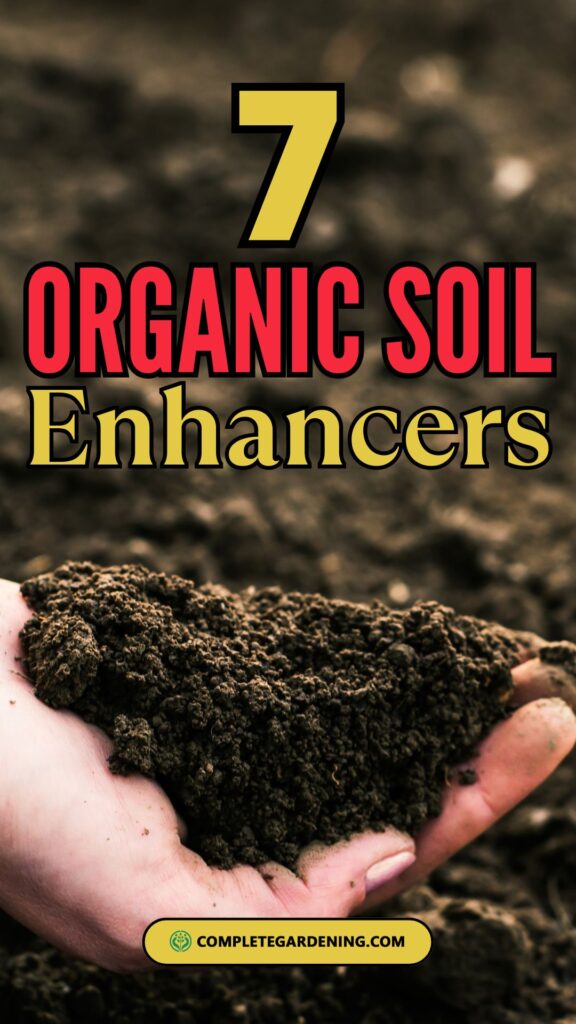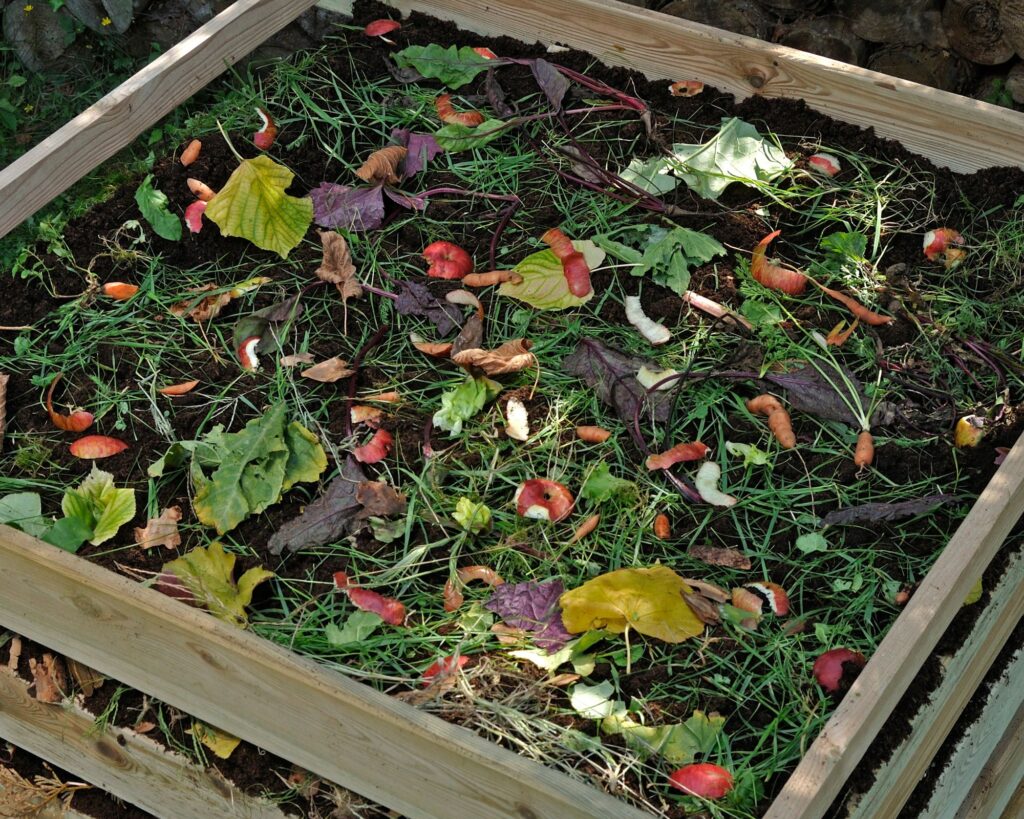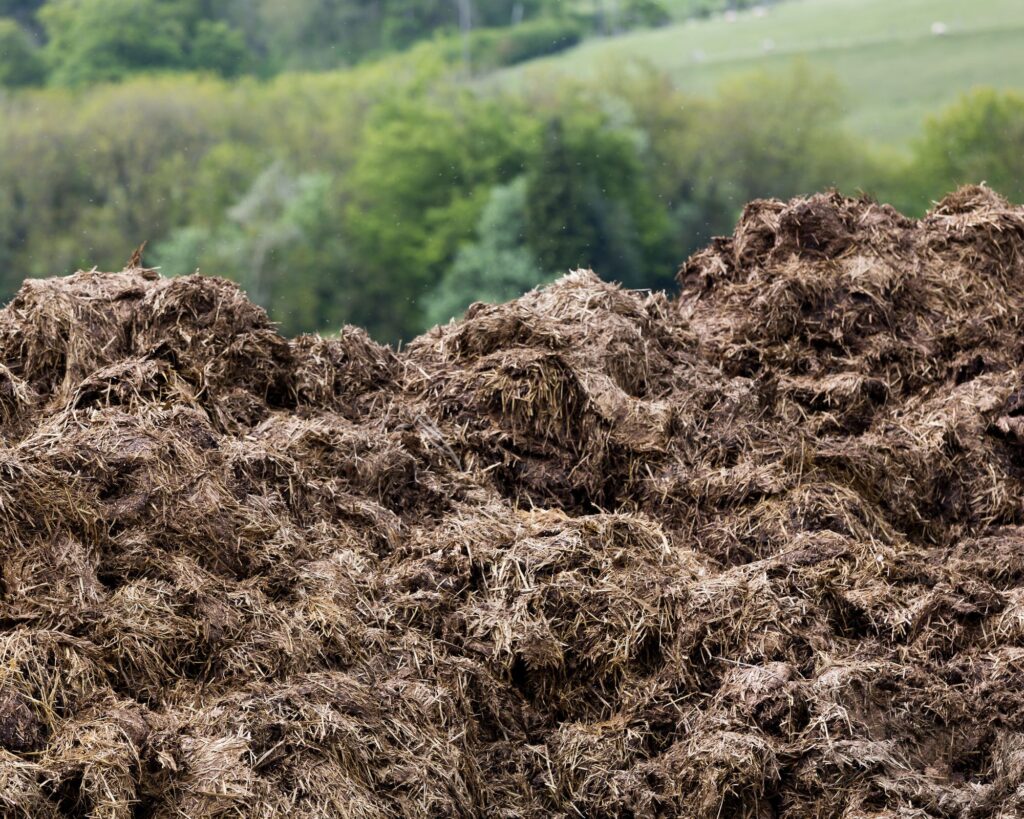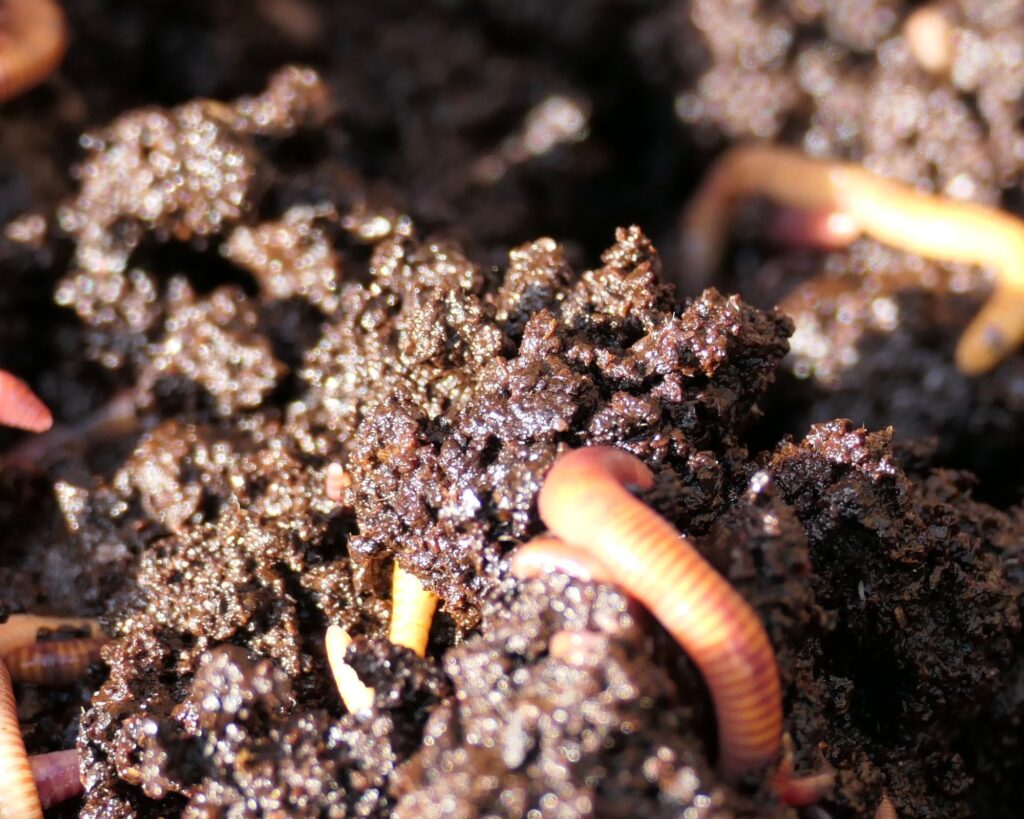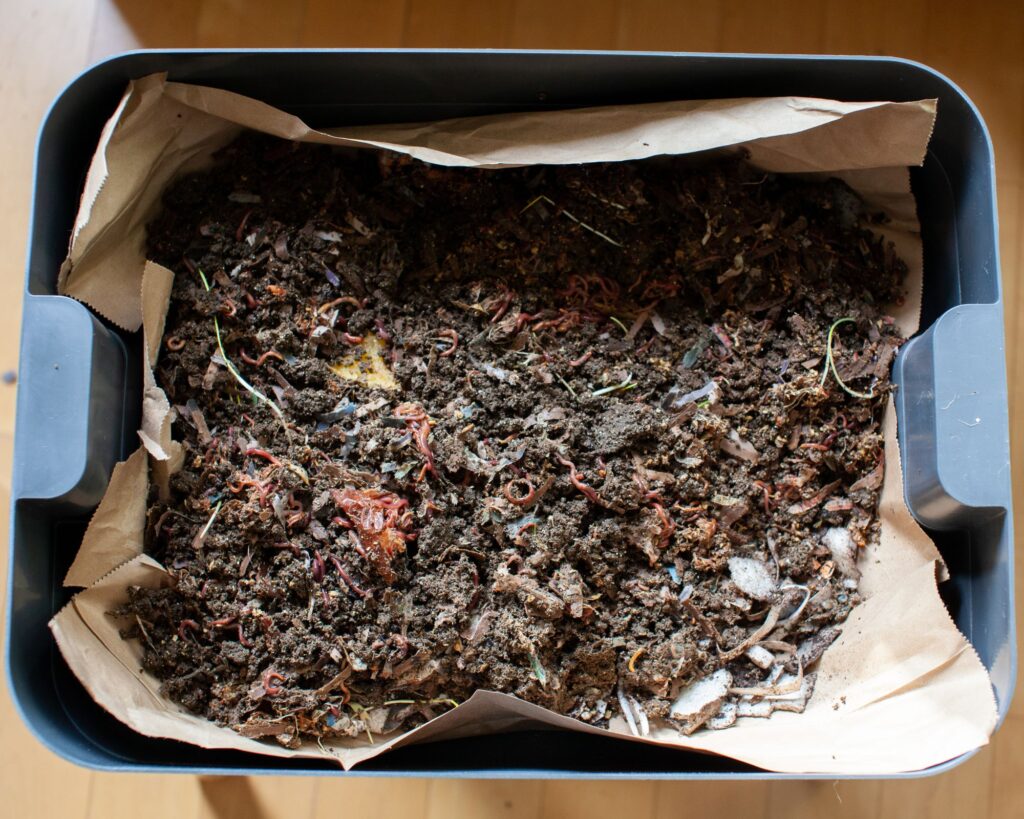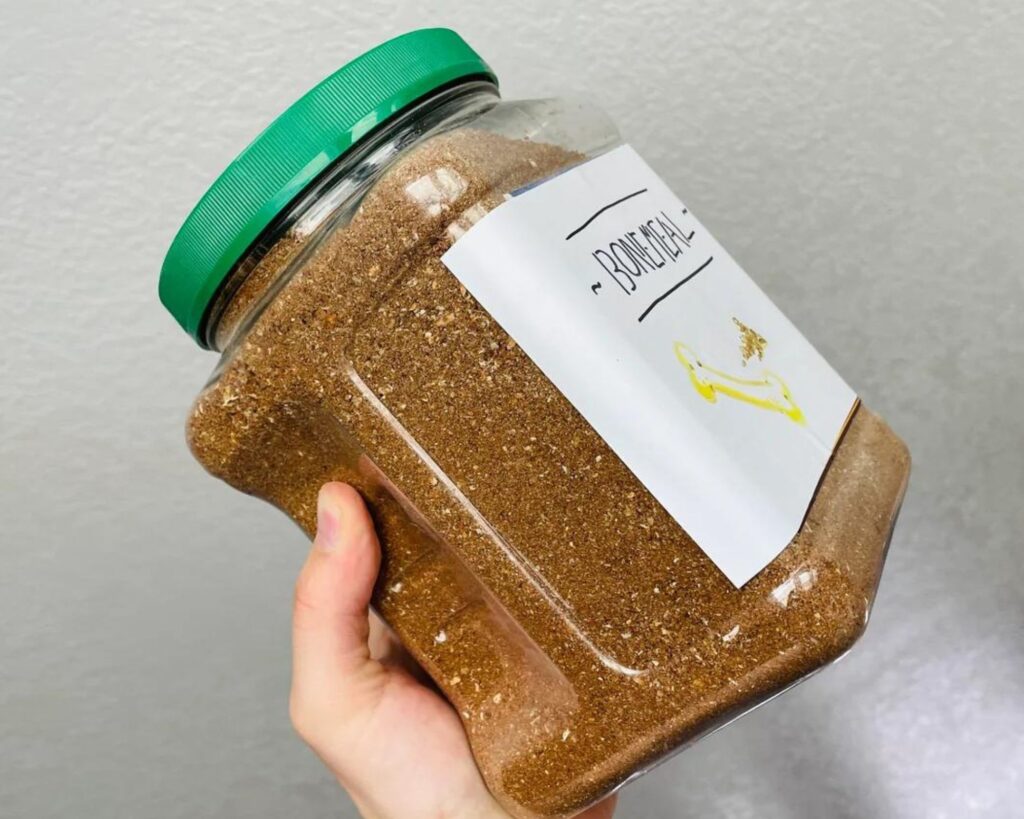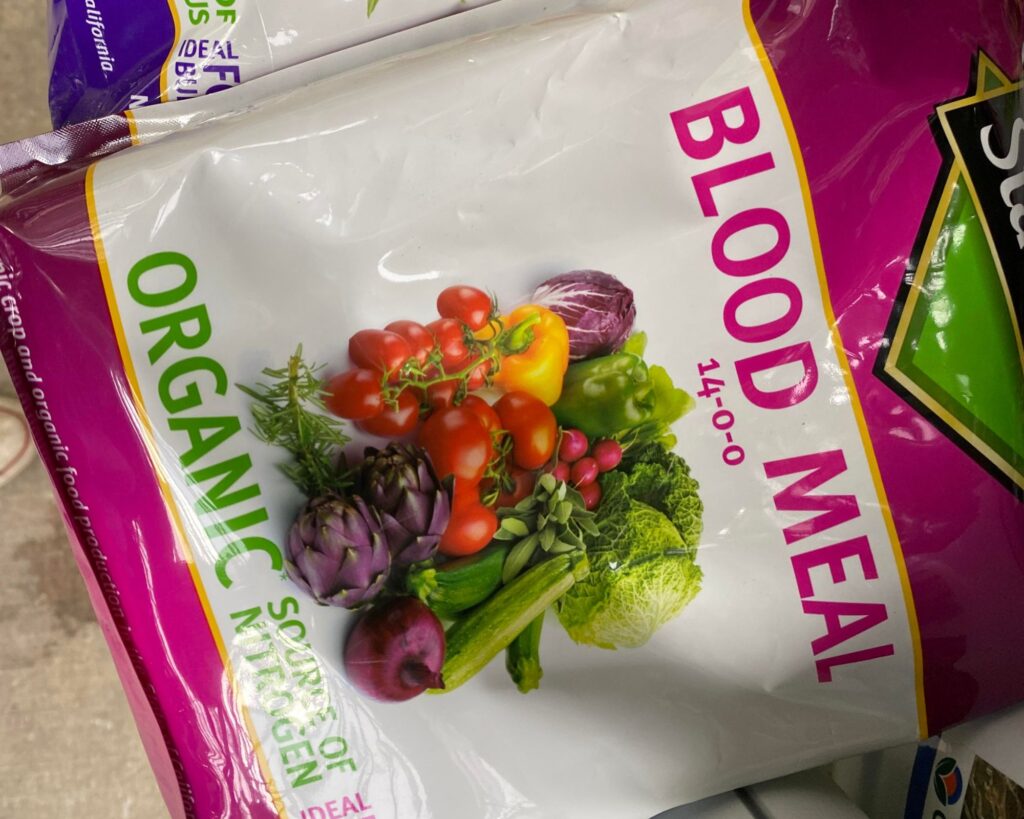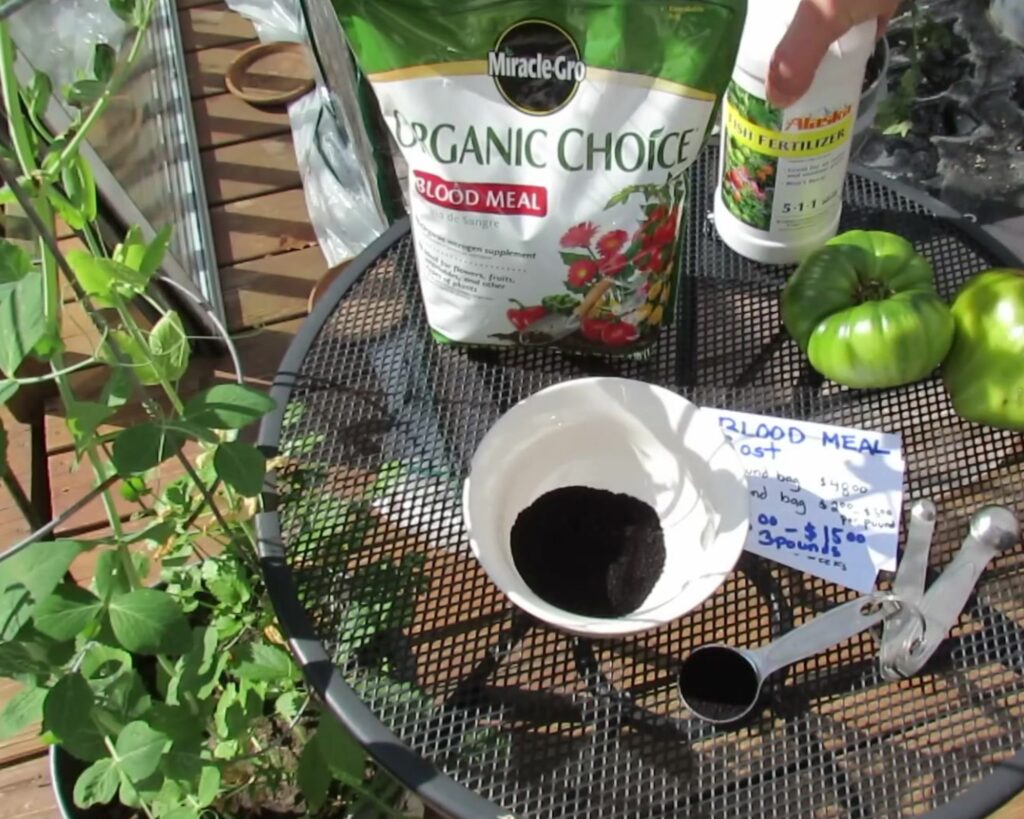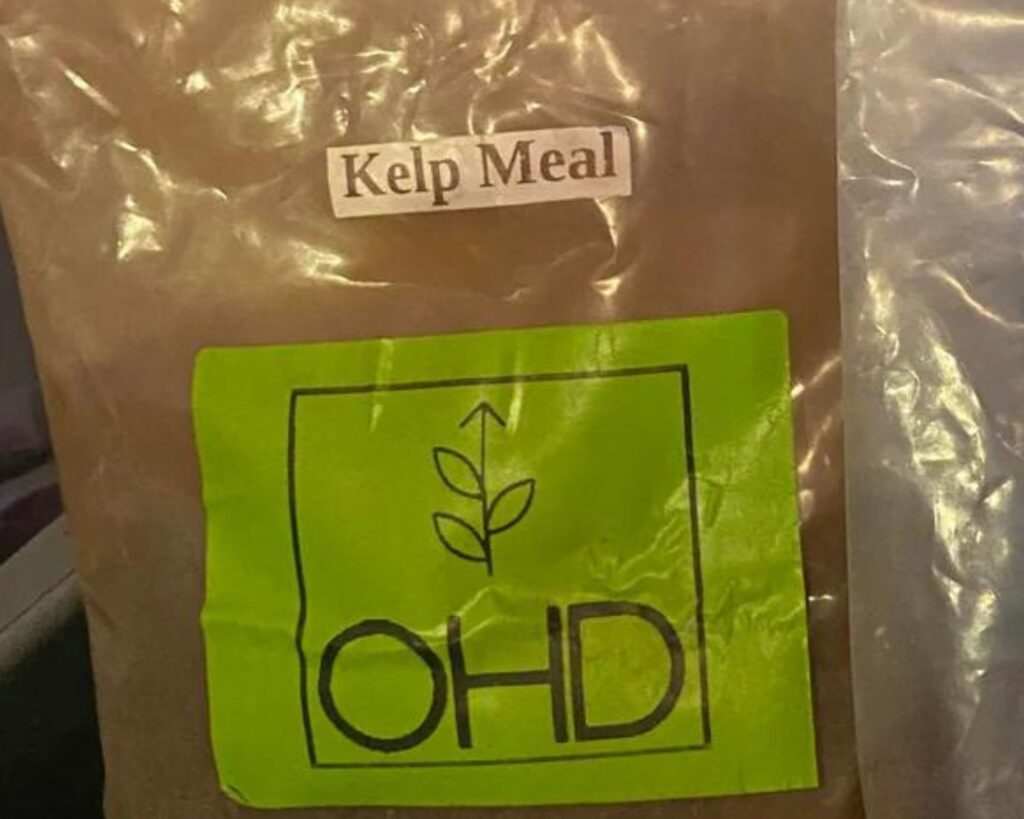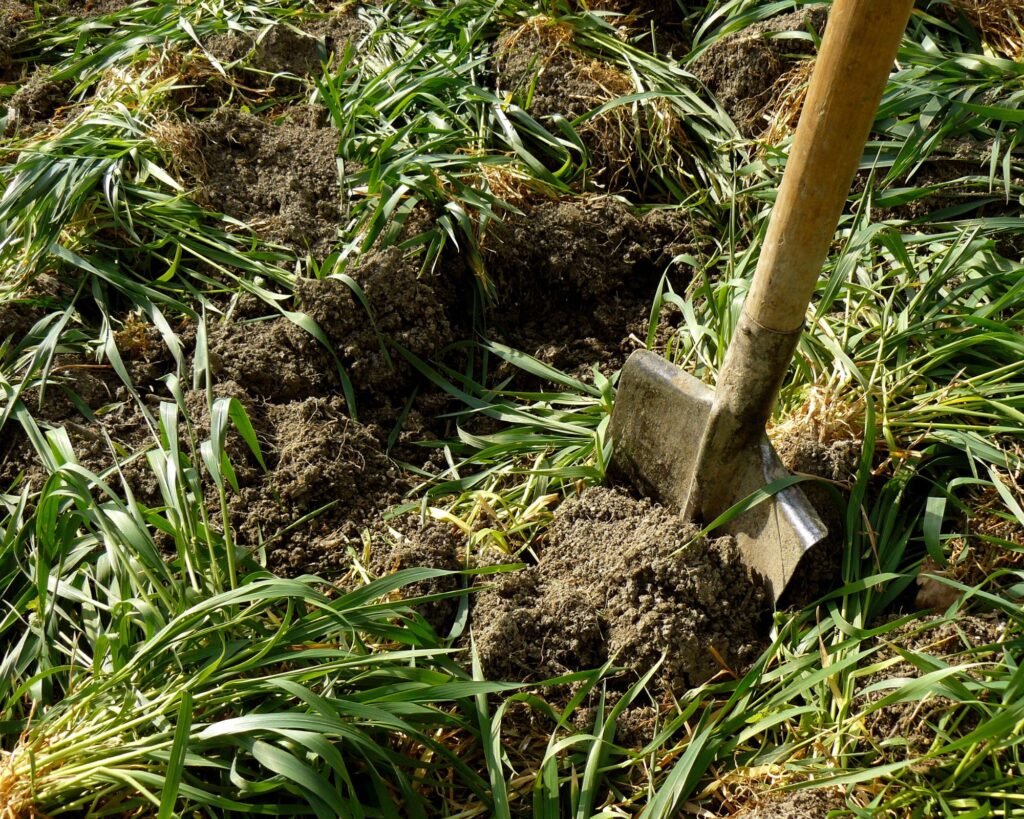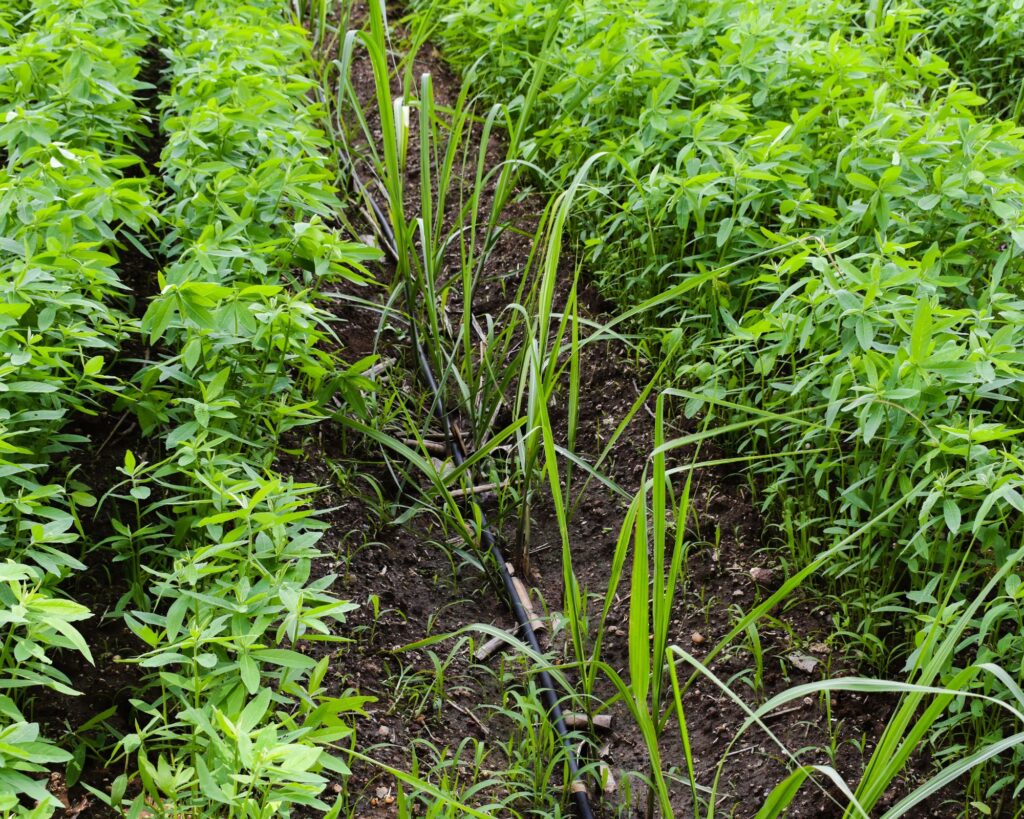Have you ever wondered why some gardens seem to burst with life while others struggle to grow? The secret is in the soil! Creating a thriving garden starts from the ground up, and healthy soil is the foundation you need.
To supercharge your garden’s growth, incorporating organic soil amendments is essential. These natural additions not only enrich the soil but also enhance its structure, providing the vital nutrients your plants need to thrive.
In this blog post, we’ll explore seven organic soil amendments that will transform your garden into a lush, productive paradise. Let’s dig in!
1. Compost: The Black Gold of the Garden
Compost is often referred to as “black gold” for good reason. It’s a powerhouse of nutrients and beneficial microorganisms that improve soil structure and fertility. Composting involves the decomposition of organic matter, such as kitchen scraps, yard waste, and manure, into a rich, dark soil amendment.
Benefits of Compost:
- Nutrient-Rich: Compost provides a balanced mix of essential nutrients like nitrogen, phosphorus, and potassium.
- Improves Soil Structure: It enhances soil texture, promoting better drainage and root penetration.
- Microbial Activity: Compost teems with beneficial microorganisms that help break down organic matter and suppress soil-borne diseases.
How to Use:
- Incorporate compost into your garden beds by spreading a 2-3 inch layer on the soil surface and mixing it in.
- Use it as a top dressing around plants to provide a steady supply of nutrients.
2. Aged Manure: Nature’s Nutrient Booster
Aged manure is another excellent organic soil amendment that can significantly boost your garden’s growth. Manure from herbivorous animals like cows, horses, and chickens is rich in nutrients and organic matter. However, it’s crucial to use aged or composted manure to avoid burning plants with high nitrogen levels.
Benefits of Aged Manure:
- Nutrient Dense: It supplies essential nutrients, particularly nitrogen, phosphorus, and potassium.
- Organic Matter: Manure adds organic matter to the soil, improving its structure and water-holding capacity.
- Soil Microbes: It fosters a healthy microbial environment, aiding in nutrient breakdown and absorption.
How to Use:
- Apply aged manure in the fall, allowing it to decompose over winter before planting.
- Spread a thin layer (1-2 inches) on garden beds and incorporate it into the topsoil.
3. Worm Castings: Nature’s Soil Conditioner
Worm castings, also known as vermicompost, are the nutrient-rich excrement of earthworms. This organic soil amendment is a powerful natural fertilizer and soil conditioner, loaded with beneficial microorganisms and essential nutrients.
Benefits of Worm Castings:
- Nutrient-Rich: Worm castings are rich in nutrients like nitrogen, phosphorus, and potassium, as well as micronutrients.
- Enhances Soil Structure: They improve soil aeration, drainage, and moisture retention.
- Microbial Activity: Worm castings contain beneficial bacteria and fungi that promote healthy soil biology.
How to Use:
- Mix worm castings into potting mixes or garden soil at a rate of 10-20% by volume.
- Use them as a top dressing around plants for a slow-release nutrient boost.
4. Bone Meal: Phosphorus Powerhouse
Bone meal is a finely ground powder made from animal bones, primarily used as a source of phosphorus and calcium. It’s an excellent organic soil amendment for promoting strong root development and flowering in plants.
Benefits of Bone Meal:
- Phosphorus Source: Bone meal provides a slow-release source of phosphorus, essential for root growth and flower development.
- Calcium: It adds calcium to the soil, which is vital for cell wall strength and overall plant health.
- Improves Soil Structure: Bone meal can help improve soil structure by increasing nutrient availability.
How to Use:
- Sprinkle bone meal in planting holes before transplanting to encourage root growth.
- Apply it as a top dressing around flowering plants and bulbs in the spring and fall.
5. Blood Meal: Nitrogen-Rich Fertilizer
Blood meal is a high-nitrogen organic fertilizer made from dried animal blood. It’s an excellent soil amendment for promoting leafy green growth and improving overall plant vigor.
Benefits of Blood Meal:
- High Nitrogen Content: Blood meal is one of the richest organic sources of nitrogen, essential for vegetative growth.
- Fast-Acting: It releases nitrogen quickly, making it ideal for correcting nitrogen deficiencies.
- Improves Soil Structure: Blood meal adds organic matter to the soil, enhancing its texture and fertility.
How to Use:
- Mix blood meal into the soil before planting, following the recommended application rates on the packaging.
- Use it as a side dressing for nitrogen-loving plants like leafy greens and brassicas.
6. Kelp Meal: Ocean-Derived Nutrient Boost
Kelp meal is made from dried and ground seaweed, providing a rich source of micronutrients, growth hormones, and trace minerals. It’s an excellent organic soil amendment for enhancing plant health and stress tolerance.
Benefits of Kelp Meal:
- Micronutrients: Kelp meal contains a wide range of micronutrients and trace minerals that support overall plant health.
- Growth Hormones: It provides natural growth hormones that promote root development and increase resistance to stress.
- Improves Soil Structure: Kelp meal improves soil structure by enhancing microbial activity and nutrient availability.
How to Use:
- Incorporate kelp meal into the soil before planting or use it as a top dressing during the growing season.
- Brew a kelp meal tea by soaking it in water and use it as a foliar spray or soil drench.
7. Green Manure: Cover Crops for Soil Health
Green manure involves growing cover crops, such as clover, alfalfa, or rye, specifically to be turned into the soil. These cover crops add organic matter, improve soil structure, and enhance nutrient availability.
Benefits of Green Manure:
- Organic Matter: Cover crops add organic matter to the soil when they decompose, improving soil structure and fertility.
- Nitrogen Fixation: Leguminous cover crops like clover and alfalfa can fix atmospheric nitrogen, enriching the soil with this essential nutrient.
- Weed Suppression: Green manure crops can help suppress weeds by shading the soil and outcompeting weed species.
How to Use:
- Plant cover crops in the fall or early spring and till them into the soil before they go to seed.
- Rotate different cover crops to improve soil health and reduce pest and disease buildup.
Incorporating these seven organic soil amendments into your gardening routine can dramatically enhance your garden’s growth and productivity. Each amendment offers unique benefits that improve soil health, provide essential nutrients, and promote robust plant development.
By nurturing your soil with these natural additions, you’ll create a thriving garden that yields bountiful harvests and vibrant blooms.
Remember, healthy soil is the cornerstone of a successful garden. Invest in your soil, and it will reward you with flourishing plants and abundant produce season after season.

